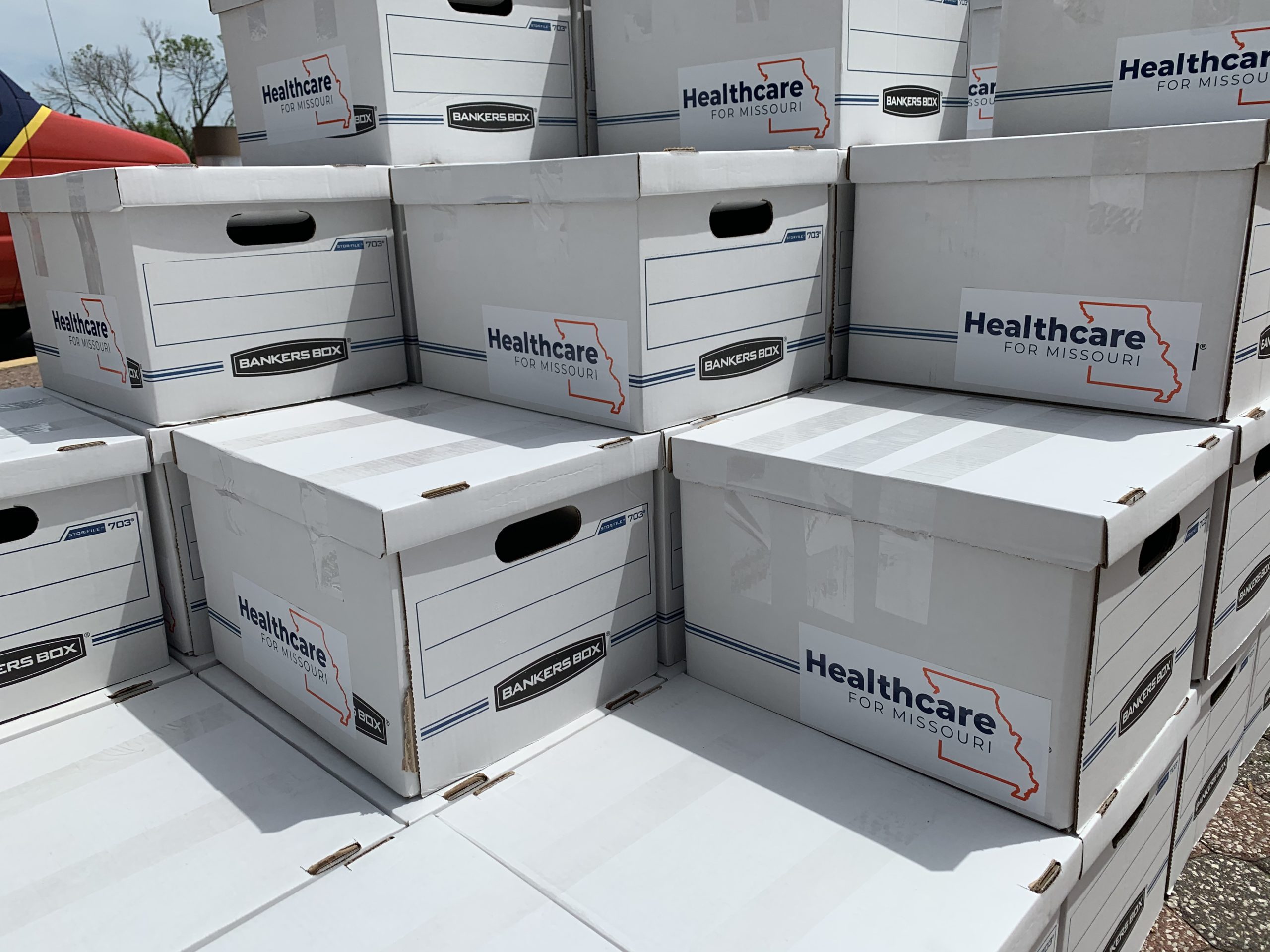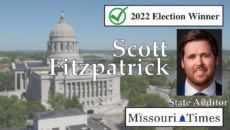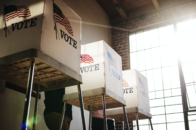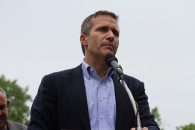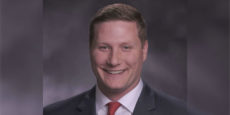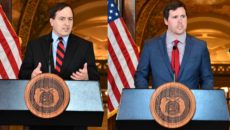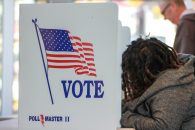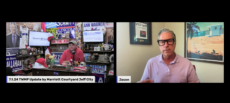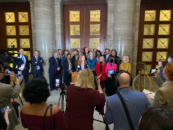After years of debate, Missouri voted to become the 38th state to expand its Medicaid program.
Voters were projected to approve Amendment 2 during the Aug. 4 primary election, agreeing to expand coverage to more Missourians by a narrow margin as of this reporting Tuesday evening.
The measure passed by about 6 percent of the vote.
The expansion will take effect on July 1, 2021.
The ballot language for Amendment 2 asked voters if they wished to amend the Missouri Constitution to expand MO HealthNet services — the state’s Medicaid program — for individuals between 19 and 64 years old with an income level at or below 133 percent of the federal poverty level. It would also prohibit additional burdens on eligibility for enrollment standards.
The income benchmark would be set at less than $18,000 for an individual or $30,000 for a family of three.
“Access to health care has never been more important than it is right now. Today’s historic victory for Amendment 2 highlights that when it comes to the care of our neighbors and the health of our ailing economy, Medicaid expansion uniquely unites Missourians,” A.J. Bockelman, the Yes on 2: Healthcare for Missouri campaign manager, said Tuesday night. “In the weeks and months to come as Medicaid expansion is fully and expeditiously implemented so that Missourians are no longer forced to choose between putting food on the table and seeing a doctor, today’s victory will be a true turning point in the history of the Show-Me-State.”
So far, 37 states have bolstered their Medicaid programs — the most recent being Oklahoma, which voted to expand its program at the end of June.
Around 346,000 signatures were delivered to the Secretary of State’s Office in May, more than two times the 172,000 needed to qualify for the general election ballot.
Gov. Mike Parson moved the initiative from the November ballot up to August the following week. Having previously said he didn’t believe “it’s the time to be expanding” the program, Parson said the decision to move the vote was about “policy, not politics.”
“Missourians will determine the outcome, and it is critical that we hear their decision as soon as possible which is why we’re placing it on the August ballot,” Parson said. “This will give us more time to account for the outcome in our state budget.”
Proponents called the initiative a job creator and a way to boost a struggling economy. The initiative was supported by a number of different groups, having gained the endorsement of the Missouri Chamber of Commerce, the NAACP, and AARP Missouri.
“This is a tremendous victory for Missouri’s working families,” Nicole Galloway, the Democratic nominee for governor, said. “Medicaid expansion brings billions to the state annually, creates jobs in places that desperately need them, and saves rural hospitals. We can expand health care without raising taxes or cutting other programs. As governor, that’s exactly what I’ll do.”
Opponents argued that the initiative did not name a funding source as is required by state law — which resulted in a pair of lawsuits. Others said that the expansion would come at a great cost to taxpayers and require other programs to compete for funding.
“Missourians deserve quality health care at a price they can afford,” Jeremy Cady of the Americans for Prosperity-Missouri said. “Unfortunately, Medicaid expansion under Obamacare has failed at increasing access to care in a sustainable, cost-effective way. Our lawmakers face serious and difficult conversations moving forward. With costs of nearly $350 million per year combined with a severe budget crisis, we now will likely have to raise taxes or cut essential services as a result of expanding Medicaid. We will continue to work with lawmakers to remove barriers to quality, affordable care.”

Cameron Gerber studied journalism at Lincoln University. Prior to Lincoln, he earned an associate’s degree from State Fair Community College. Cameron is a native of Eldon, Missouri.
Contact Cameron at cameron@themissouritimes.com.

